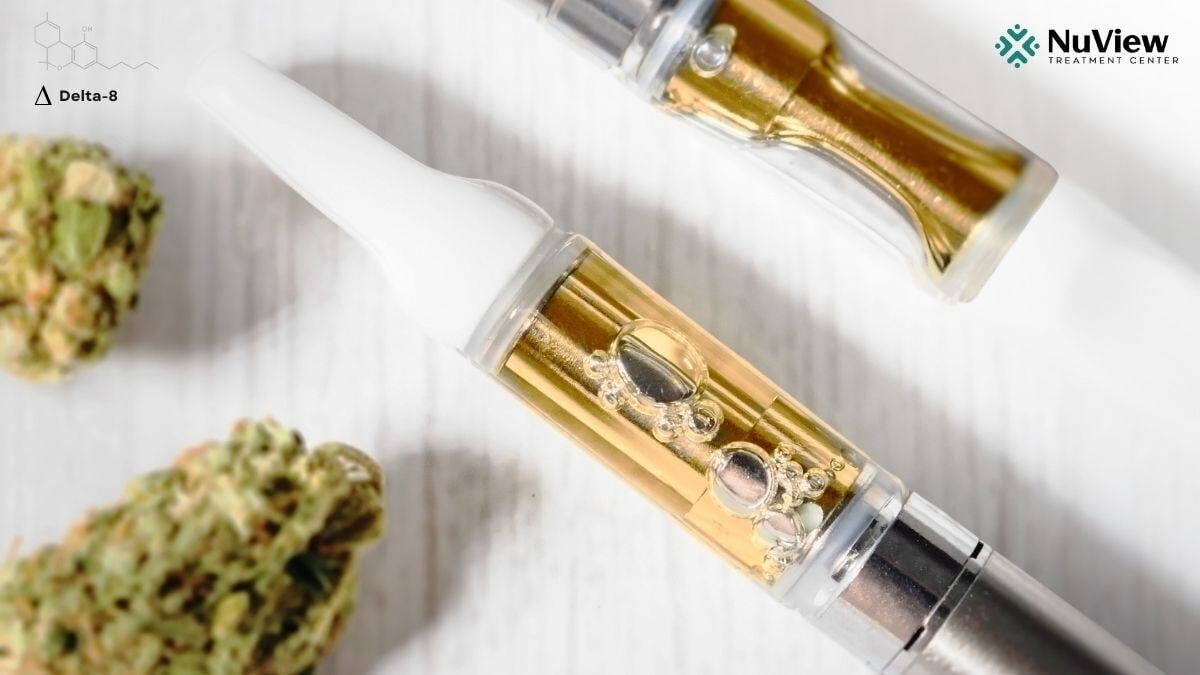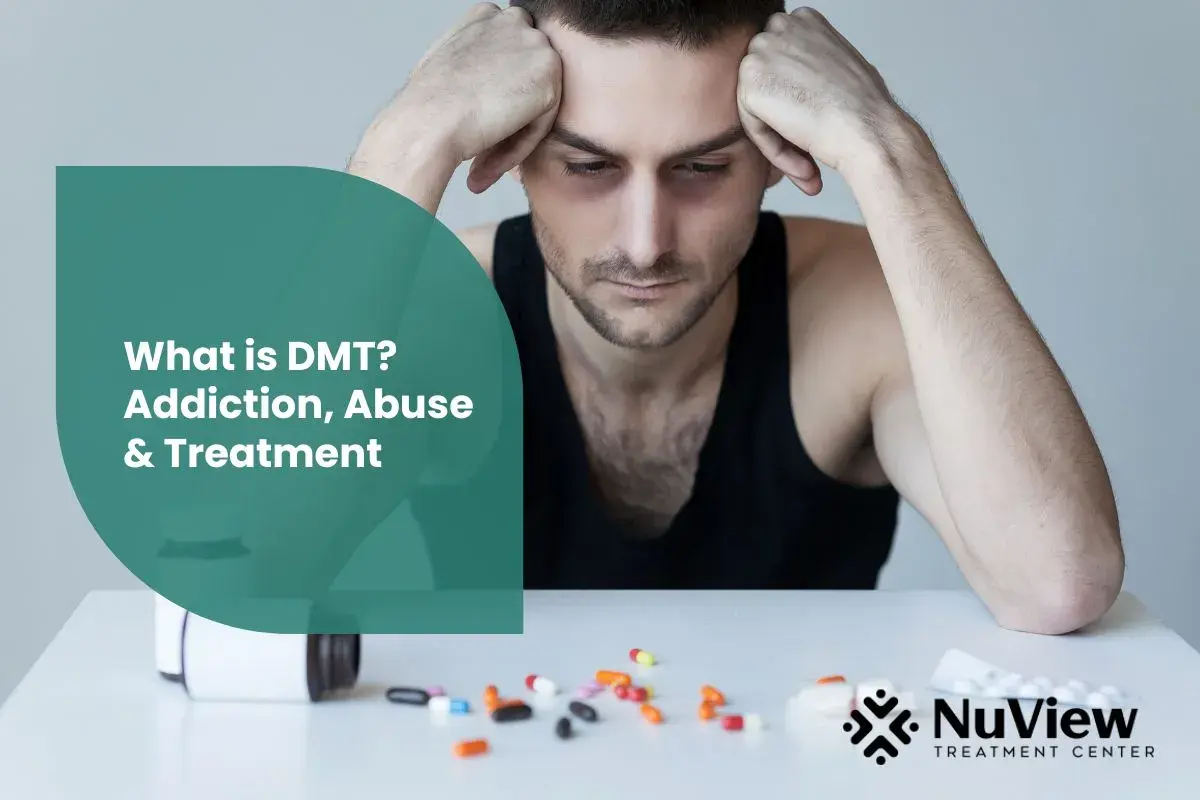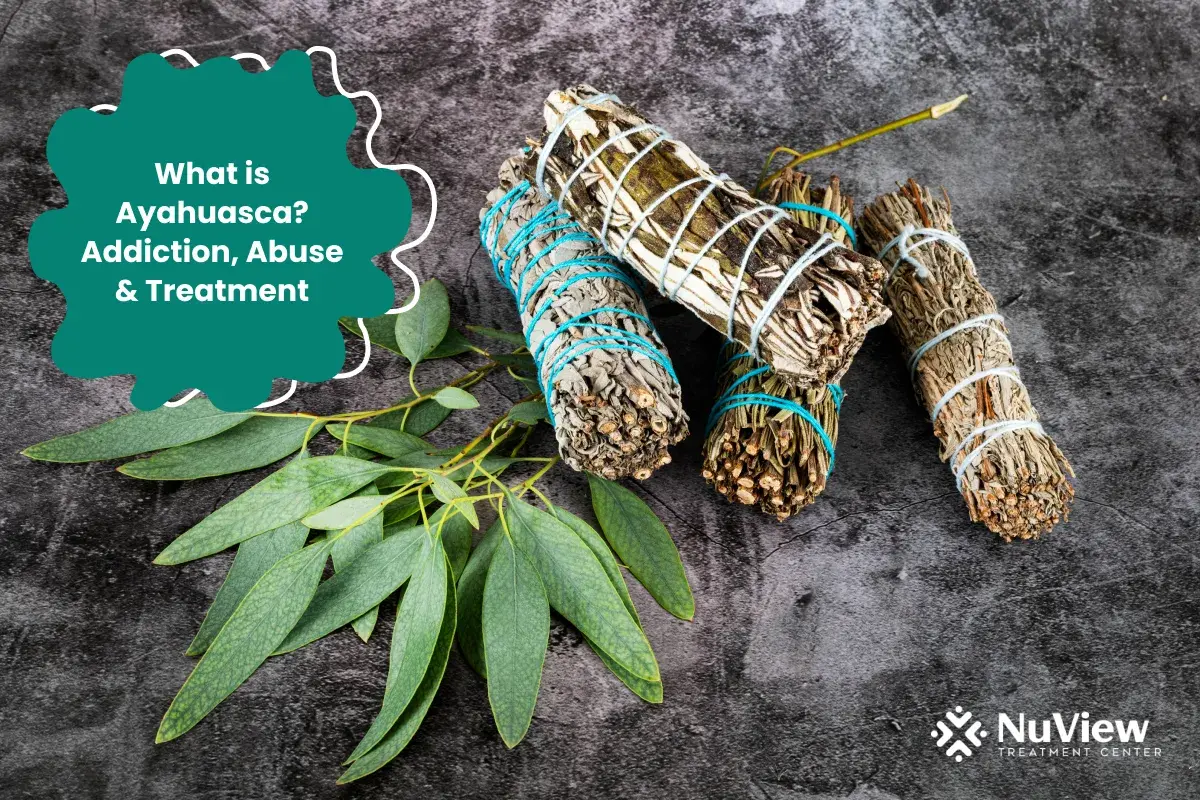Delta-8 THC stands for delta-8 tetrahydrocannabinol. It is an active cannabinoid found in the Cannabis sativa plant. With delta-8 THC, it is generally understood to be more natural and less potent, however, this is a misconception. Nevertheless, it has increased in popularity over the years and the risky thing about this is that it is not regulated, hence its purity and safety cannot be guaranteed.
Delta-8 THC gives rise to a high and a rush of pleasurable feelings. It is also used to deal with symptoms of stress, depression, and even pain.
What Is Delta-8 THC?
Delta-8 THC, also known as delta-8 tetrahydrocannabinol and delta-8 THC, is an active ingredient or cannabinoid found in the cannabis plant. Usually, delta-8 is marketed as being natural and less risky, however, this is not the case. Delta-8 and its related products are prepared in a lab and are highly potent. Moreover, the U.S. Food and Drug Administration (FDA) does not regulate delta-8, so neither its purity nor its safety can be guaranteed.
In fact, not much is known about delta-8 as other cannabinoids like cannabidiol (CBD) and delta-9. It is not as researched and does not come with laboratory testing or proper labeling.
What Are Cannabinoids?
Cannabinoids are found in cannabis plants. They are chemical substances, some of which are psychoactive and some of which are not. Common cannabinoids are cannabidiol and tetrahydrocannabinol. Some of the other cannabinoids are cannabigerol, cannabichromene, cannabinol, and cannabinodiol.
What Is Delta-8 Used For?
Delta-8 is a psychoactive substance and has intoxicating effects. It is used to experience a “high,” also known as euphoria or a rush of pleasurable feelings.
Delta-8 is not FDA-approved, however, and none of its medical benefits are established. However, it is used for glaucoma, sleeping problems like insomnia, and to deal with the unwanted effects of chemotherapy or radiation like nausea and vomiting.
Get Started With Nuview Treatment Center
Our dedicated professional staff is here to guide you or your loved one on the journey to lasting recovery, offering support every step of the way.
How Long Does Delta-8 THC Stay in Your System?
Delta-8 THC, just like Delta-9, is stored in the body as fat cells, which makes it break down slowly. Delta-8 THC can stay in your body for a few days to a month due to this slow process. Some factors, like frequency and dose of use, metabolism, and body fat, all affect the duration that Delta-8 stays in your system.
Potential Benefits and Effects of Delta-8 THC
Delta-8 THC is consumed as brownies or gummies, smoked as buds, flowers, or as help, ingested as a capsule, or on the skin as lotions and patches. Some of the delta 8 benefits and effects are as follows:
- Milder ‘high’ leads to less anxiety and paranoia
- Increases appetite
- Boost levels of dopamine in the brain, giving rise to feel-good sensations/euphoria
- Relaxes the mind and body
- Alters the sense of time
- Provides pain relief
- Helps with nausea
Long-term effects of Delta-8 THC
Although there hasn’t been a lot of research done regarding the long-term effects of Delta-8 THC, we consider the long-term effects of Cannabinoids and early studies. The potential long-term effects are -
- Increased tolerance to the drug
- Negative cognitive impacts
- Risk of dependence
- Respiratory issues
- It contains residual solvents and additives that could lead to health risks
Side Effects of Delta-8 THC
Delta-8 THC gives rise to a high and other kinds of pleasurable feelings. However, these are short-lived or temporary. Moreover, there are certain side effects and risks also associated with Delta-8, which are as follows:
Anxiety
Dizziness
Drowsiness
Lowered heart rate
Increased heart rate
Nausea
Loss of consciousness
Get Started With Nuview Treatment Center
Delta-8 vs. Delta-9 THC: Key Differences
Delta-8 and Delta-9 have been in a kind of popularity contest of late. While delta-9 is still at the top, delta-8 has been gaining steam as well. The reason is, delta-8 and delta-9 are chemically similar substances. However, delta-8 is less intense and does not produce as intense feelings as delta-9 does, which is why most people generally prefer delta-9. Nevertheless, delta-8 still affects thoughts, emotions, moods, and behavior.
Delta-8 vs. CBD: How They Compare
Delta-8 differs more from CBD than it does from delta-9. While delta-8 gives rise to a high, CBD does not. In fact, CBD is known for its relaxing and sedative effects. Moreover, CBD is also FDA-approved for conditions like epilepsy. It is also being considered for other conditions like schizophrenia and Parkinson’s disease. Meanwhile, delta-8 is neither well-researched nor regulated. It is not known to have any medical benefits either.
Legal Status of Delta-8 THC
Delta-8 THC is not regulated and is still kind of obscure and mysterious. So, it comes as a surprise that it is legal in almost 22 states and 1 district. In some states, there are restrictions when it comes to age, as they prevent its sale to anyone under the age of 21 years. These states are Alabama, Florida, Kentucky, and Wyoming.
There are 17 states in which delta-8 is banned, and these include Alaska, Colorado, Delaware, Hawaii, Idaho, Massachusetts, Mississippi, Montana, Nevada, New York, North Dakota, Oregon, Rhode Island, Utah, Vermont, Washington, and West Virginia.
Given that delta-8 is considered age-restricted and even banned in some states, it can put a person in a legally gray territory.
Will Delta-8 Show Up on a Drug Test?
In short, yes, Delta-8 THC can show up on a standard drug test. These tests usually screen for THC metabolites, not the specific type of THC, so Delta-8 is treated the same as Delta-9 in most results.
- In a urine test, it can be detectable from 5 – 15 days, depending on the severity of the use.
- In a blood test, it is detectable between 2 and 12 hours.
- In a saliva test, it is detectable for up to 24 hours.
- In a hair test, it can be detectable for up to 90 days.
Frequently Asked Questions
What is Delta 8 THC?
Delta-8 THC is a cannabinoid found in cannabis. It’s chemically similar to Delta-9 THC (the primary psychoactive compound in marijuana), but with milder psychoactive effects.
Is Delta-8 THC legal?
Delta-8 THC's legality varies by state. It is federally legal under the 2018 Farm Bill as long as it’s derived from hemp, not marijuana. However, some states have banned or restricted its use.
Does delta-8 get you as high?
Yes, delta-8 does boost dopamine in the brain, giving rise to a high.
How long does Delta-8 THC stay in your system?
Delta-8 THC can stay in your system for 3 to 30 days. It is metabolized similarly to Delta-9 THC, meaning it can be detected in urine, blood, and saliva tests.
Is delta-8 or 9 stronger?
Delta-9 is stronger than delta-8, which is why it is still the more popular one.
- What Is Delta-8 THC?
- What Are Cannabinoids?
- What Is Delta-8 Used For?
- How Long Does Delta-8 THC Stay in Your System?
- Potential Benefits and Effects of Delta-8 THC
- Long-term effects of Delta-8 THC
- Side Effects of Delta-8 THC
- Delta-8 vs. Delta-9 THC: Key Differences
- Delta-8 vs. CBD: How They Compare
- Legal Status of Delta-8 THC
- Will Delta-8 Show Up on a Drug Test?
- Frequently Asked Questions
- What Is Delta-8 THC?
- What Are Cannabinoids?
- What Is Delta-8 Used For?
- How Long Does Delta-8 THC Stay in Your System?
- Potential Benefits and Effects of Delta-8 THC
- Long-term effects of Delta-8 THC
- Side Effects of Delta-8 THC
- Delta-8 vs. Delta-9 THC: Key Differences
- Delta-8 vs. CBD: How They Compare
- Legal Status of Delta-8 THC
- Will Delta-8 Show Up on a Drug Test?
- Frequently Asked Questions
Get Help Today!
Everyone is Welcome Here and We All Have Your Back
Your healing journey deserves a personalized approach. At NuView, we integrate expertise in behavioral therapy, mental health, and substance use treatment to create a customized recovery plan tailored to your unique needs.
Connect with our Admissions Specialists today.







Written By
Dr. Ryan Peterson